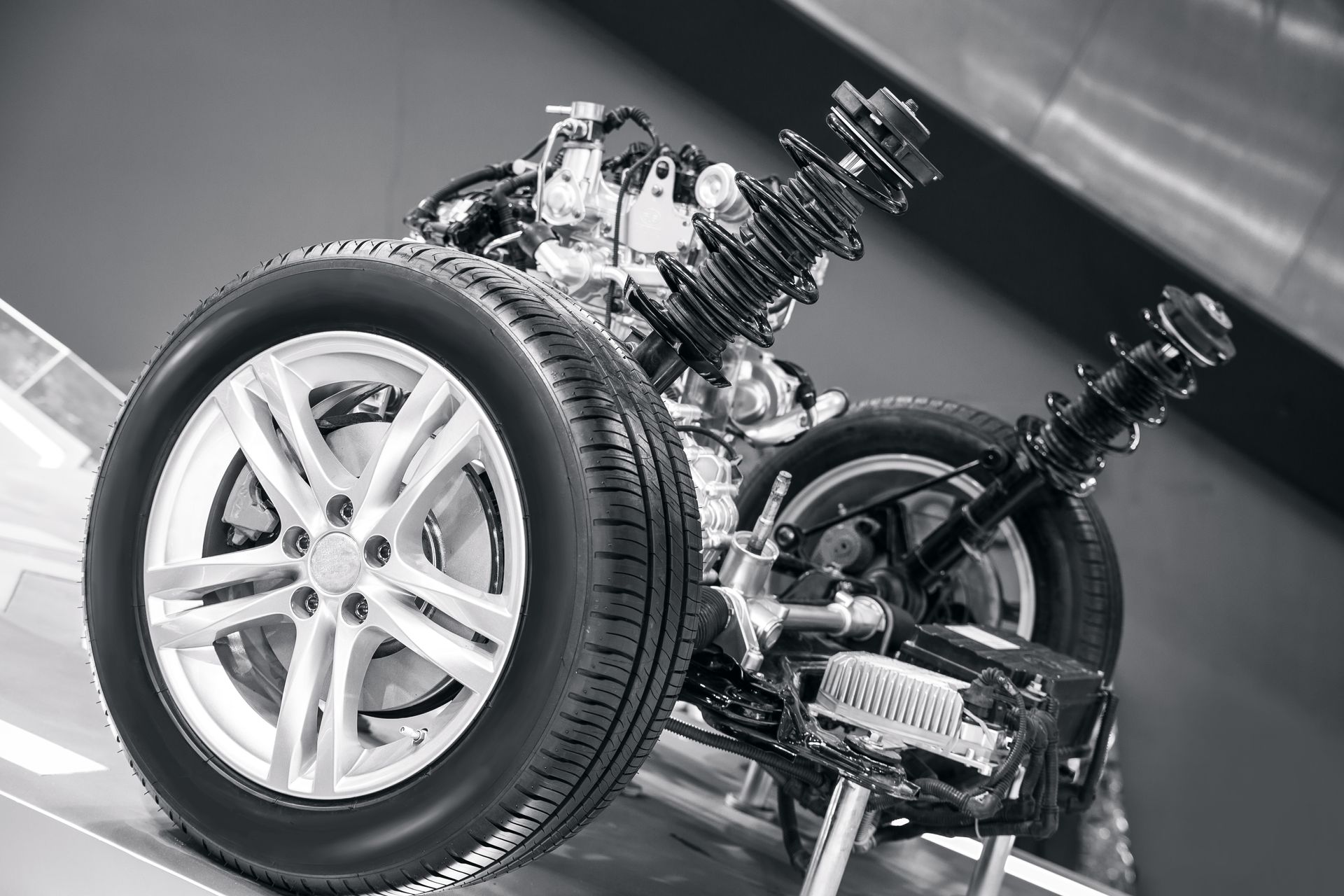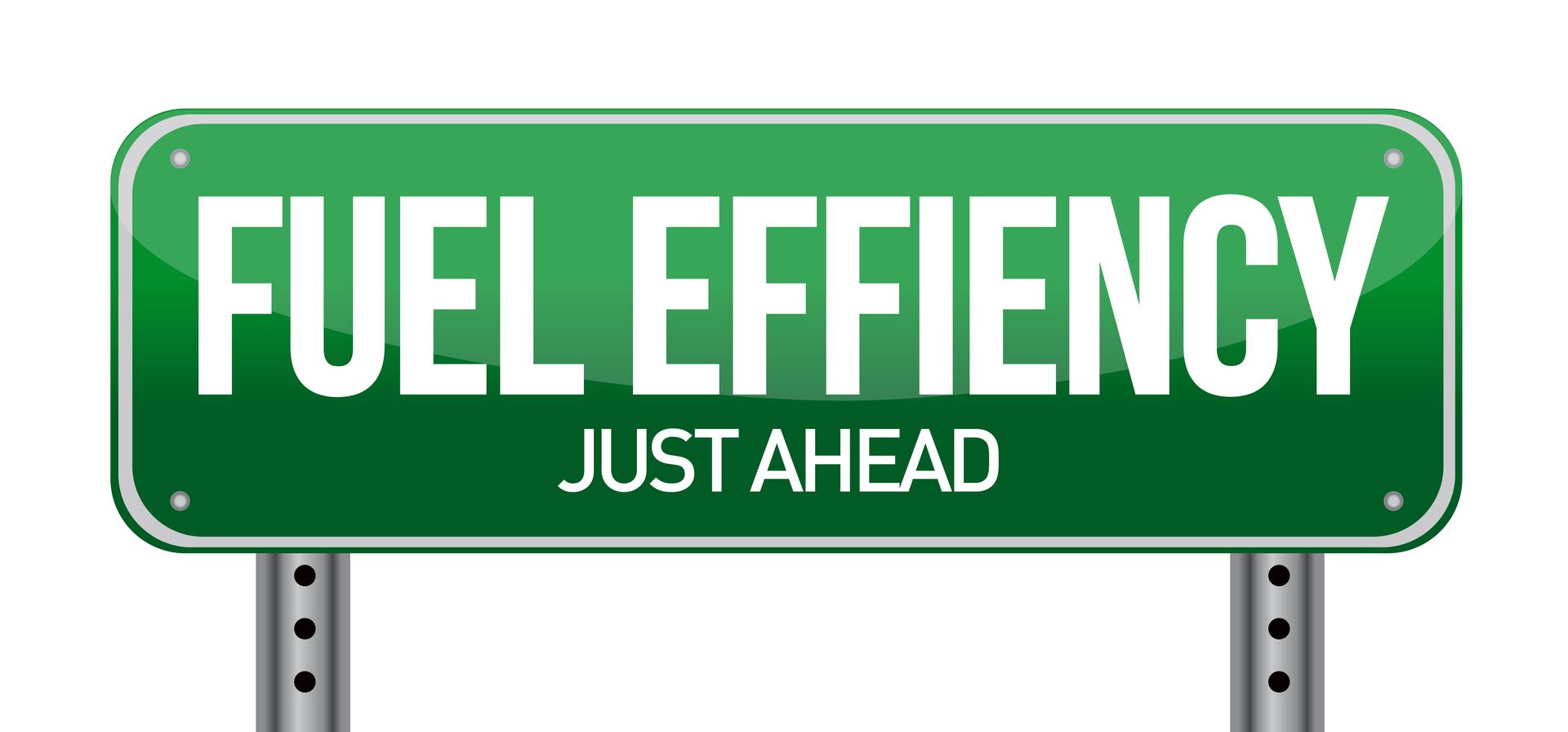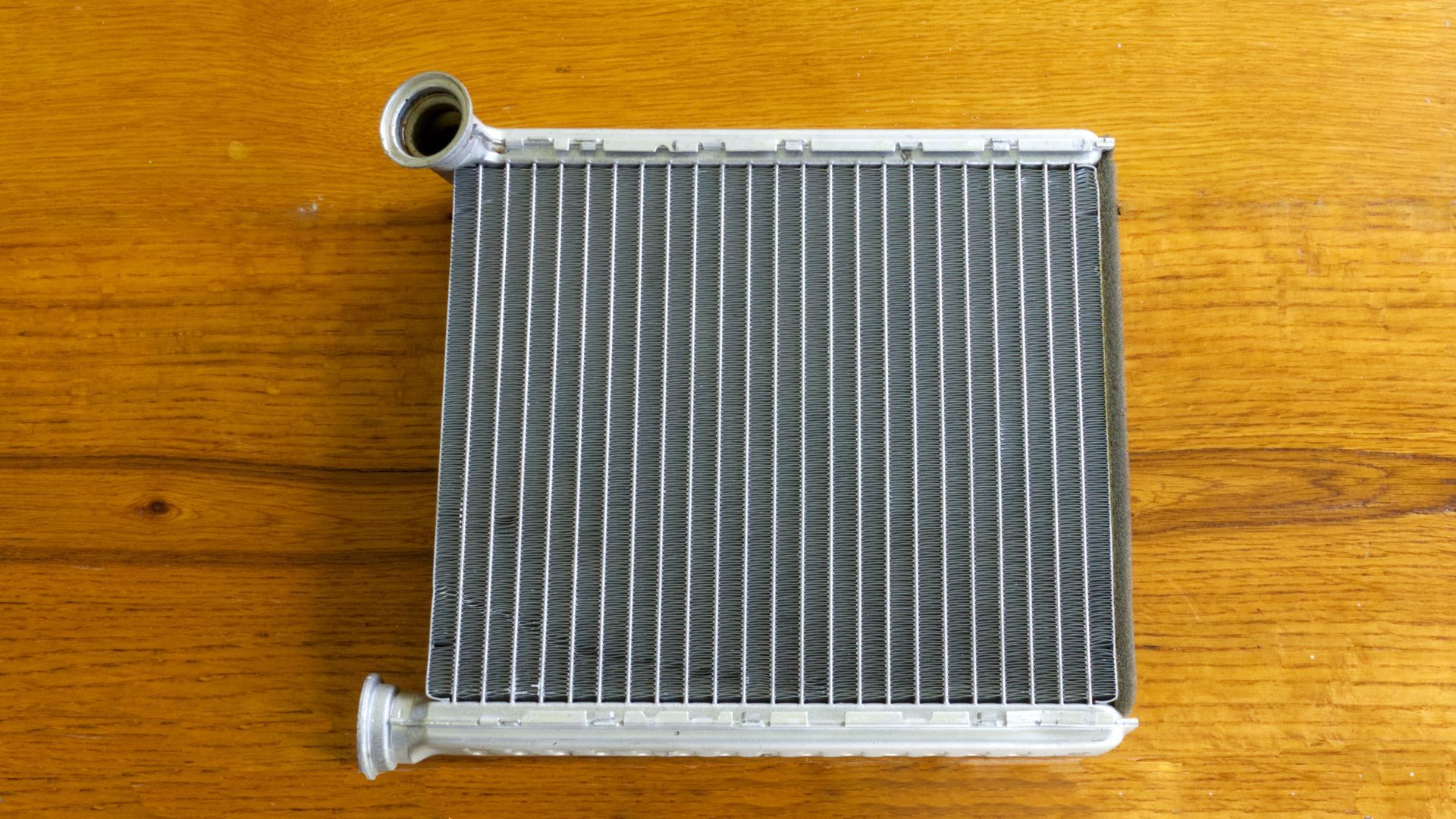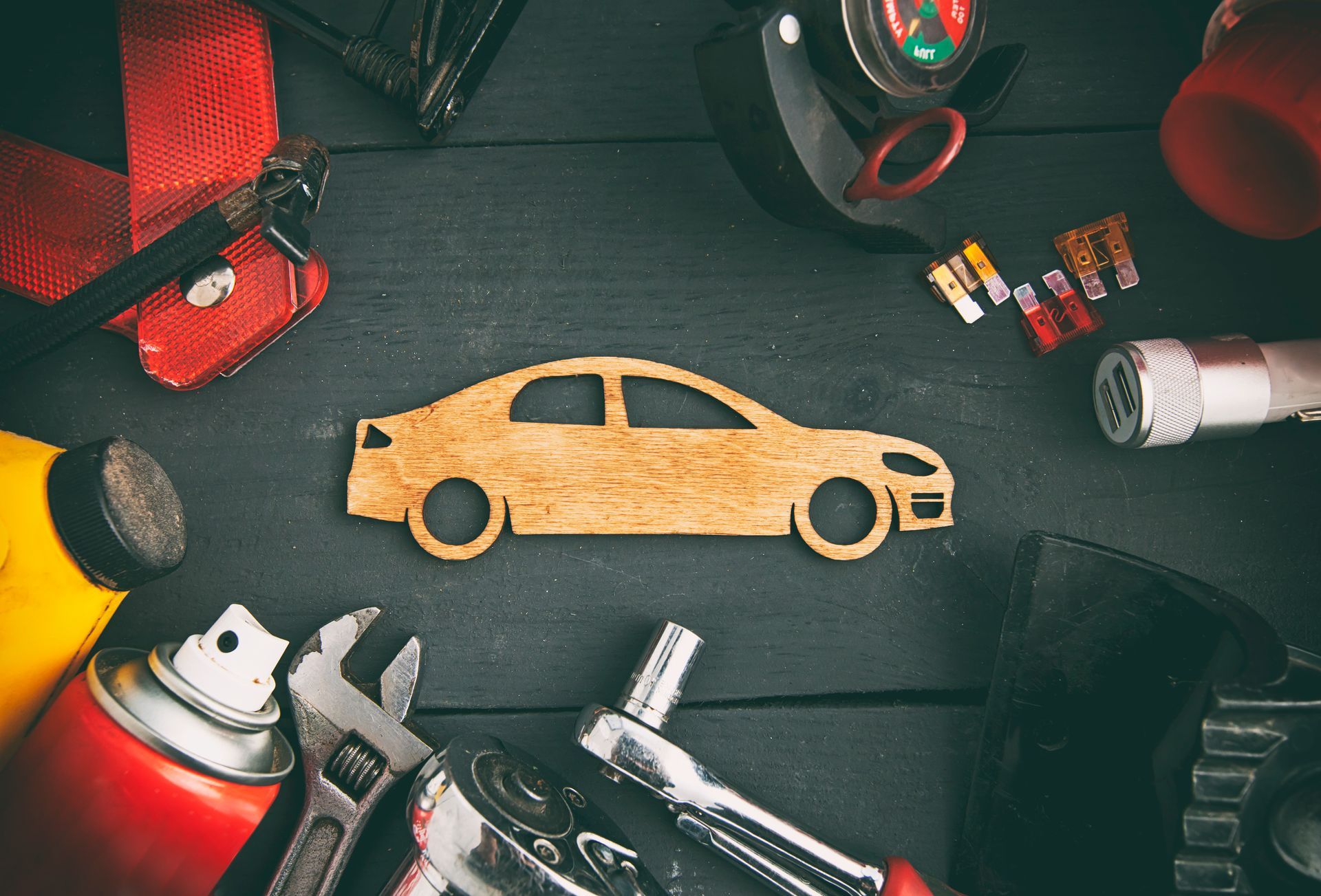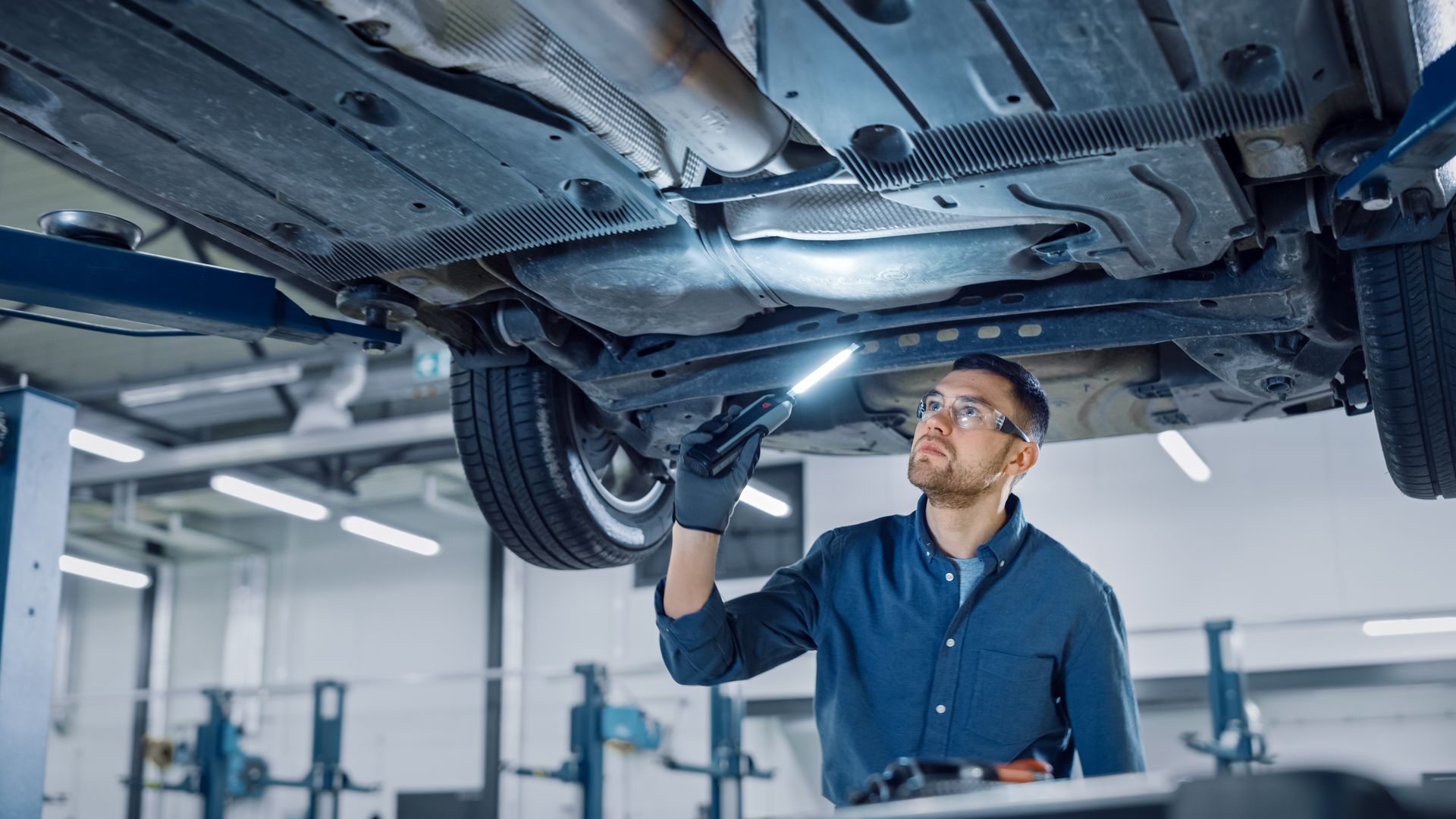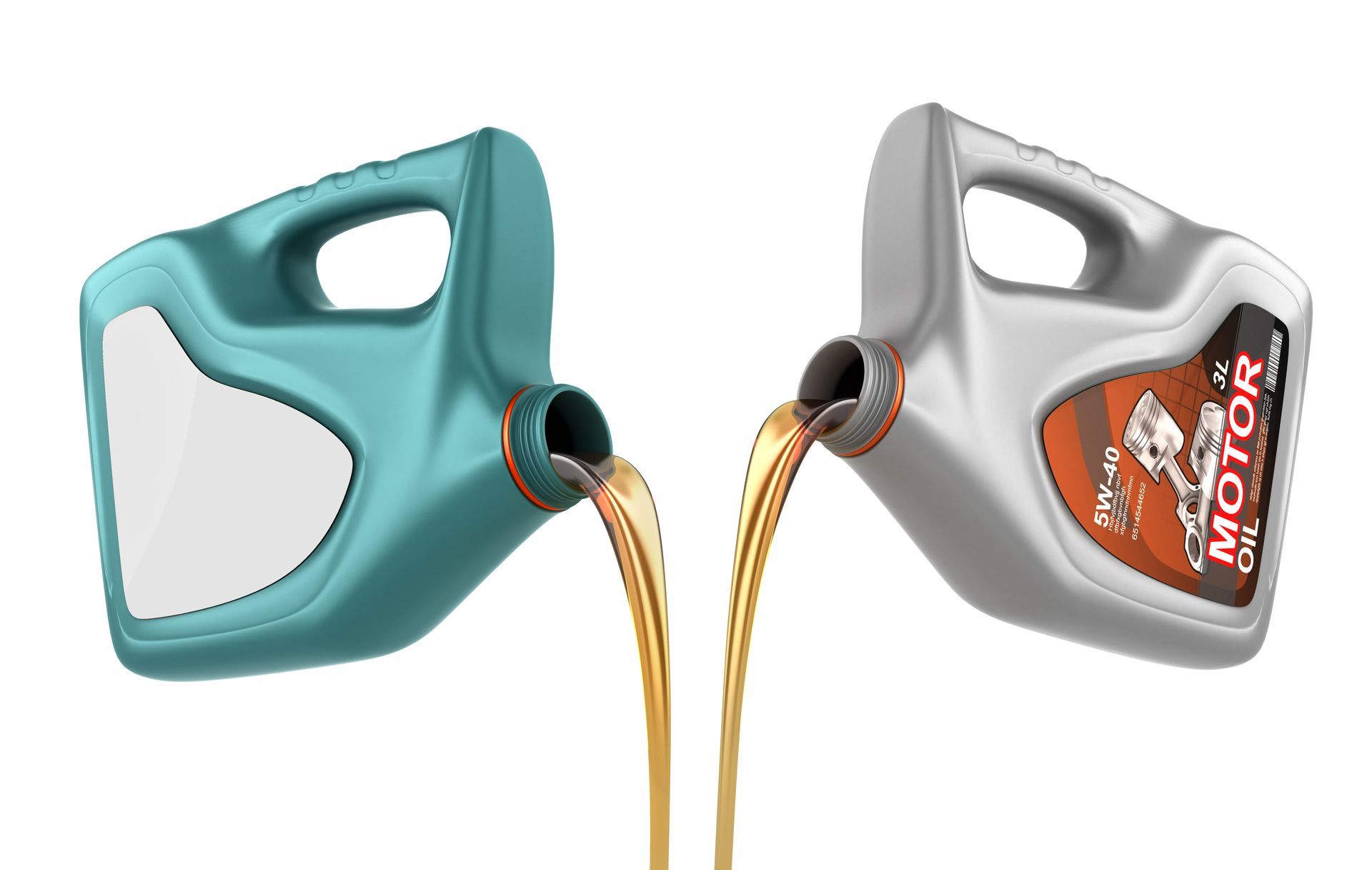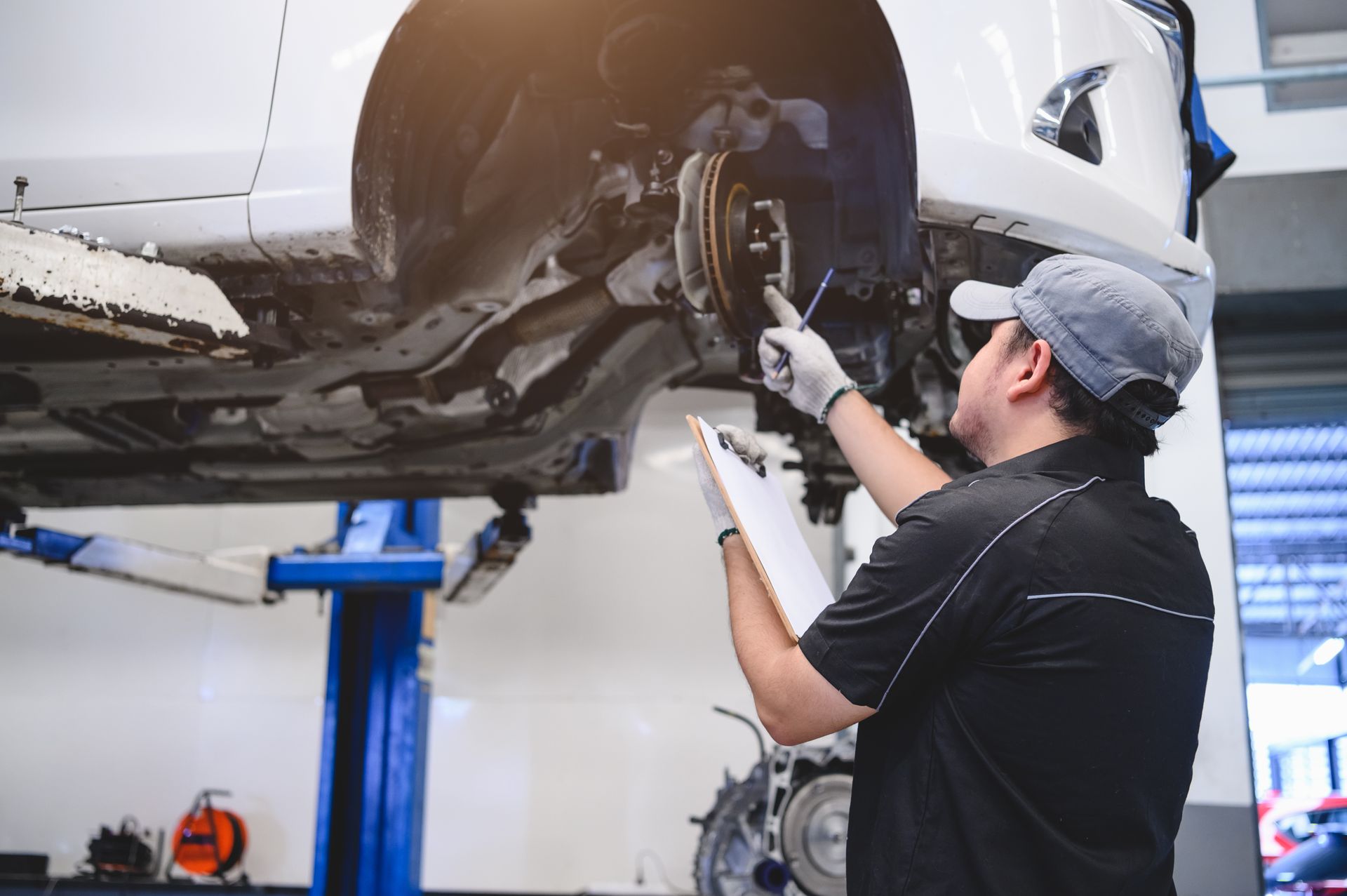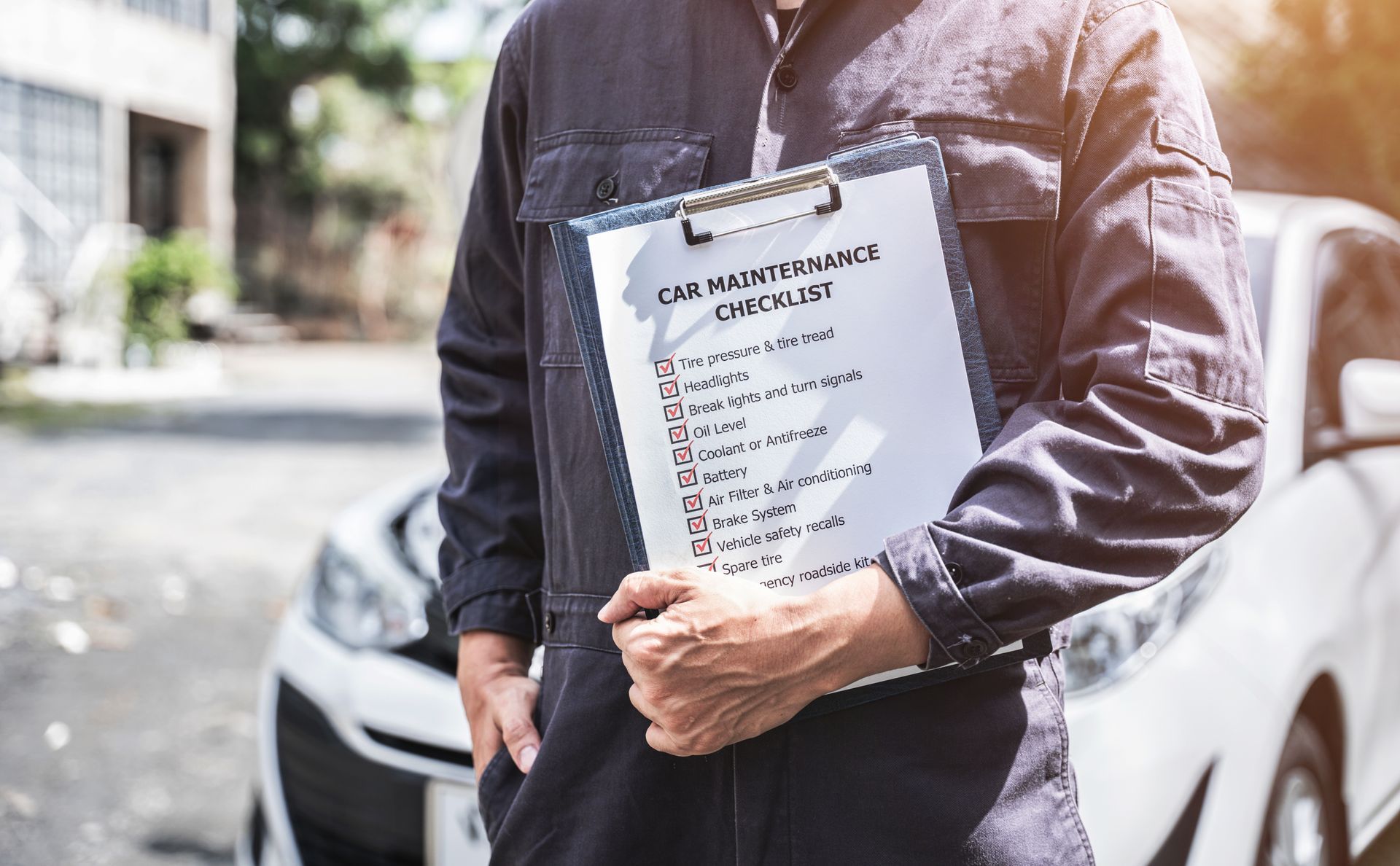The transmission is one of the most important parts of your vehicle. It is responsible for transferring power from the engine to the wheels. When it starts acting up, it can disrupt your driving experience and, if left unchecked, lead to costly repairs. Knowing how to spot early signs of transmission problems can save you from bigger headaches down the road. But how do you know when your transmission is on the brink of failure? Let’s dive into the most common transmission problems, how to identify them, and what you can do to fix them.
1. Signs Your Transmission is Failing
If you notice any changes in how your car drives, your transmission could be the culprit. These are some common symptoms to look out for:
Slipping Gears
Ever felt like your car suddenly shifts gears on its own or loses power when you press the gas? That’s gear slippage. It’s a clear indication that something is wrong with your transmission. When gears slip, your vehicle struggles to stay in gear and may fail to accelerate properly, which is dangerous on the road.
Unusual Noises
Grinding, whining, or clunking noises when shifting gears are telltale signs that something’s wrong. While automatic and manual transmissions can make slightly different sounds, any unusual noises during gear shifts are a red flag.
Leaking Fluid
Transmission fluid is essential for keeping your system lubricated and preventing overheating. If you spot bright red or brown fluid beneath your car, it’s likely a transmission fluid leak. A lack of proper fluid can lead to serious damage, so this is not something you want to ignore.
Delayed Shifting
A transmission that takes too long to shift gears can indicate low fluid levels, dirty transmission fluid, or internal wear. You might notice this delay most when trying to accelerate or decelerate.
Burning Smell
A burning odor coming from your car is never a good sign. Overheating transmission fluid can produce a burnt smell, indicating that the transmission is running too hot. This can lead to significant internal damage if not addressed.
2. Common Causes of Transmission Problems
Transmission issues can arise from a variety of factors, but some causes are more common than others. Identifying the root cause is the first step in fixing the problem.
Low or Contaminated Transmission Fluid
One of the simplest yet most common causes of transmission issues is low or dirty fluid. Transmission fluid helps reduce friction and wear on internal parts, so keeping it clean and topped up is essential.
Clutch Problems (Manual Transmission)
For vehicles with manual transmissions, a worn or malfunctioning clutch can lead to problems shifting gears. You might experience slipping gears or difficulty engaging the clutch.
Worn Out Components
Like any other car part, transmission components can wear down over time. Whether it’s the gears, solenoids, or torque converter, wear and tear can cause your transmission to malfunction.
Faulty Sensors (Automatic Transmission)
Modern automatic transmissions rely on sensors to help with shifting gears. If one of these sensors fails, it can cause erratic shifting or delayed gear changes.
Heat Damage
Over time, excessive heat can break down transmission fluid and damage internal components. This is especially common if you drive in stop-and-go traffic, tow heavy loads, or live in a hot climate.
3. How to Fix Transmission Problems
When it comes to fixing transmission problems, some solutions are relatively simple, while others require more extensive repairs. Here’s how you can tackle common issues:
Check and Replace Transmission Fluid
If your transmission fluid is low or dirty, the first step is to drain and replace it. During this process, it’s also a good idea to change the transmission filter (if your vehicle has one). Be sure to use the correct type of fluid recommended by your car’s manufacturer.
Fix Leaks
If you notice a fluid leak, it’s important to locate the source as soon as possible. Transmission fluid leaks often occur from damaged seals, gaskets, or lines. Replacing these parts will help stop the leak and prevent further damage to your transmission.
Replace the Clutch (Manual Transmission)
If your clutch is the issue, replacing it can solve problems with shifting and gear engagement. Clutch replacement can be a labor-intensive process, so it’s best to leave this to a professional unless you’re experienced with car repairs.
Repair or Replace Worn Components
For more serious issues, such as worn-out gears, solenoids, or a malfunctioning torque converter, you may need to repair or replace specific parts. This will typically require a visit to a transmission specialist.
Rebuild or Replace the Transmission
If your transmission has suffered significant internal damage, you might need to have it rebuilt or replaced entirely. A transmission rebuild involves disassembling the transmission, replacing worn-out parts, and reassembling it. In some cases, a full transmission replacement might be the only option.
4. When to See a Professional
While minor transmission issues, like checking fluid levels, can be handled at home, most problems require professional expertise. If your car shows signs of major transmission failure or if you’re unsure of the issue, it’s best to bring it to B & B Automotive. Our transmission specialist will be able to diagnose the problem accurately and recommend the appropriate repairs. Keep in mind that ignoring early warning signs can result in more expensive and time-consuming fixes later.
5. How to Prevent Transmission Problems
Preventive care is the best way to keep your transmission in good shape and avoid expensive repairs. Here are a few maintenance tips to prolong the life of your transmission:
Regularly Check Fluid Levels
Make a habit of checking your transmission fluid levels and condition. If the fluid is low or dirty, top it up or get it changed as necessary.
Follow Your Manufacturer’s Maintenance Schedule
Every vehicle has a recommended maintenance schedule, which includes transmission services. Stick to these intervals to ensure your transmission stays in good health.
Avoid Overheating Your Transmission
Excessive heat is the enemy of your transmission. Avoid pushing your car too hard, especially in extreme temperatures, and consider installing a transmission cooler if you frequently tow or drive in hot conditions.
Is your transmission acting up? Don't wait until it's too late. Visit
B & B Automotive for a thorough inspection and professional transmission repair services. We’ll get you back on the road with confidence.

